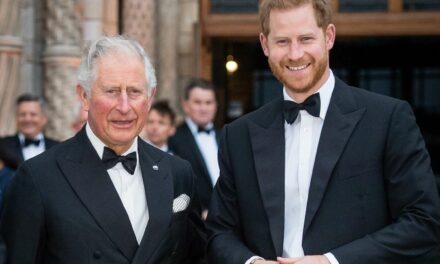Keir Starmer and Angela Rayner, prominent figures within the Labour Party, sprang into action after hearing that former party leader Jeremy Corbyn was experiencing a slight headache. The duo, acting as impromptu paramedics, quickly arrived at Corbyn’s location, fueling speculation about their roles and the nature of their involvement.
Corbyn’s report of a mere headache triggered an urgent response from Starmer and Rayner, who took it upon themselves to provide immediate assistance. The sight of two prominent political figures assuming the roles of paramedics has left observers both amused and puzzled, wondering about the extent of their medical expertise.
Critics argue that the incident exemplifies a display of political grandstanding, suggesting that Starmer and Rayner seized the opportunity to garner attention and reinforce their public image. They question whether the situation warranted the personal involvement of political figures rather than trained medical professionals.
Supporters of Starmer and Rayner, however, defend their actions, emphasizing the need for compassion and care within political circles. They argue that the duo’s willingness to respond to Corbyn’s reported ailment showcases their commitment to the well-being of their fellow party members, even in seemingly trivial circumstances.
The incident has sparked debates regarding the roles and responsibilities of political leaders, especially when it comes to healthcare matters. It also raises questions about the appropriate utilization of resources and the potential blurring of boundaries between political and medical domains.
While the details surrounding Jeremy Corbyn’s headache and the subsequent involvement of Keir Starmer and Angela Rayner remain somewhat mysterious, the incident serves as a reminder of the complexities that arise when politics intersects with personal health matters. It also underscores the enduring curiosity surrounding the actions and motivations of political figures in moments of unexpected events.
















